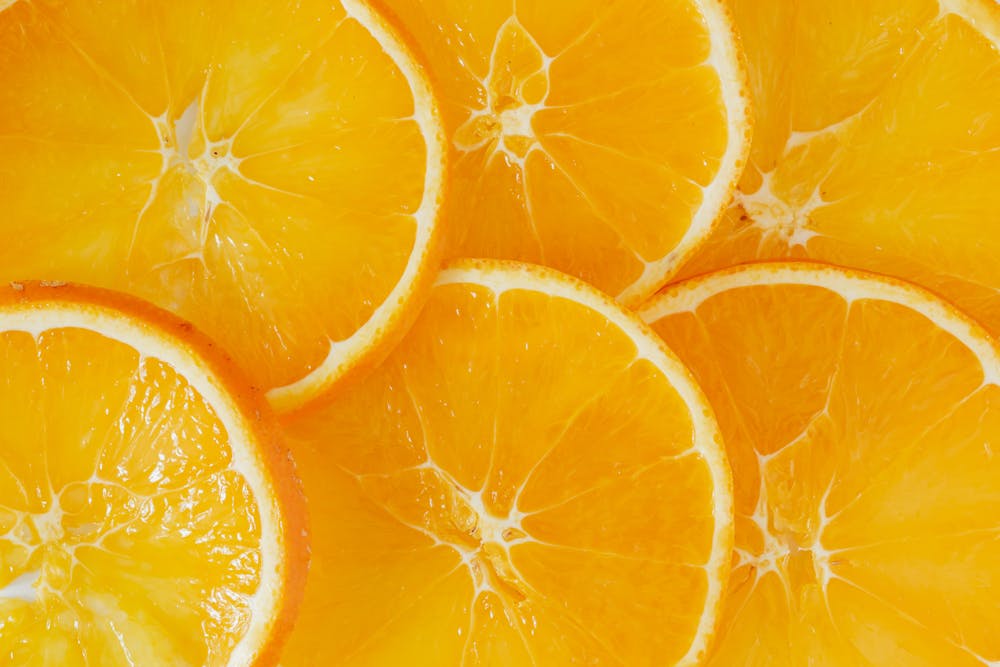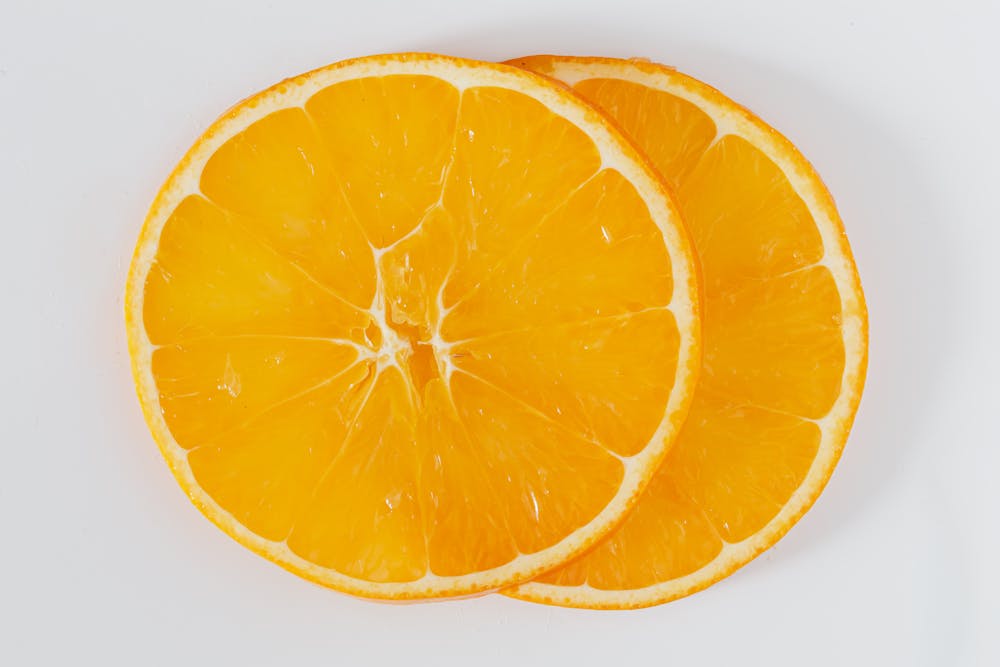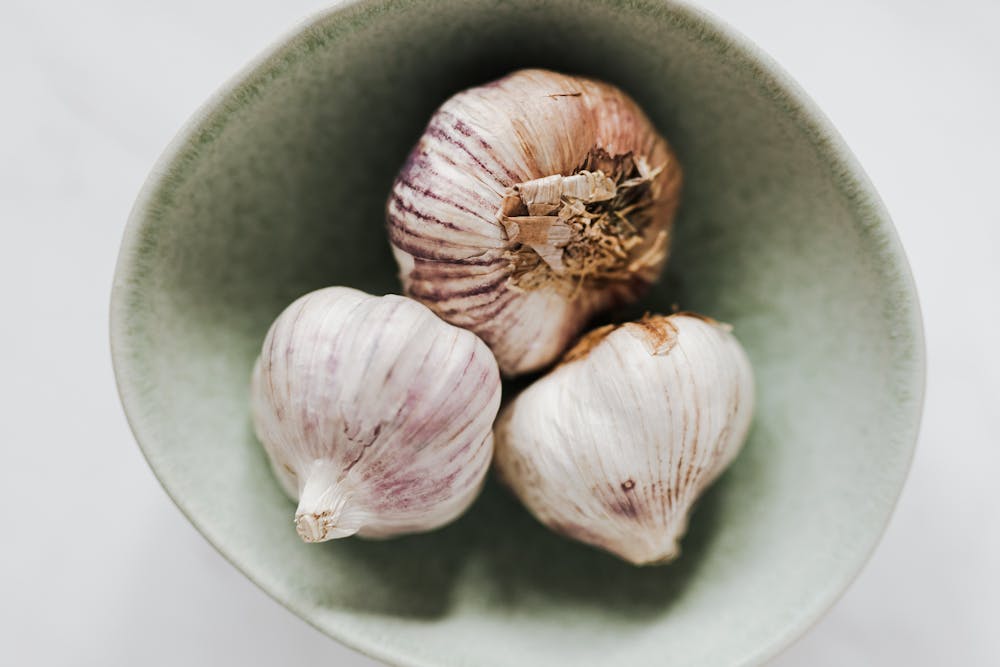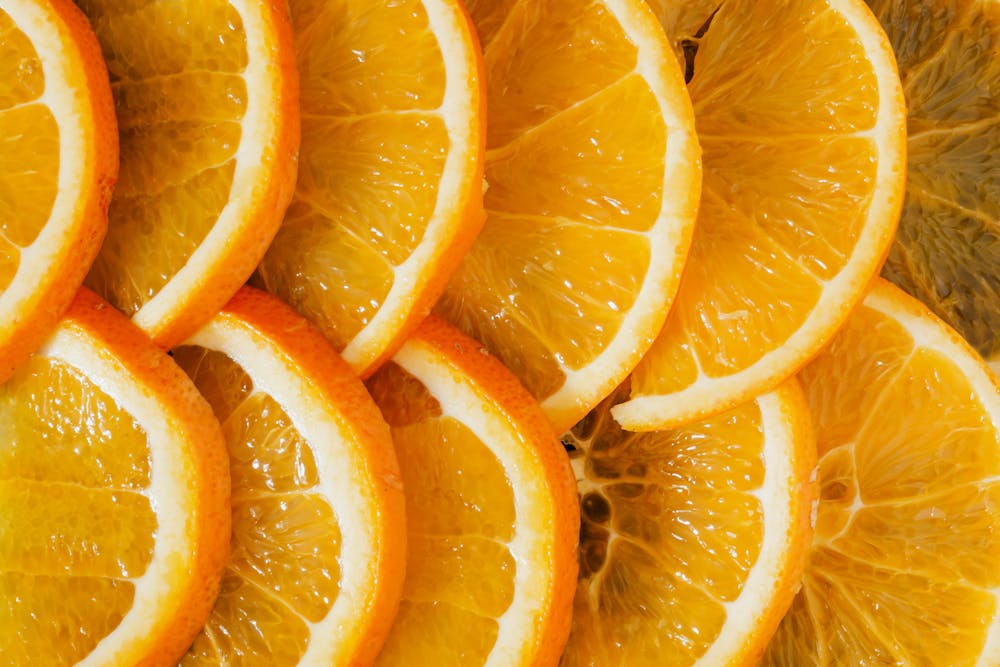Alright, let’s have a heart-to-heart about something that’s near and dear to my own lifestyle – veganism. As someone who’s embraced this plant-powered way of eating for quite some time now, I’ve learned a thing or two about the nutritional benefits and considerations that come with it.
First off, let’s talk about the good stuff – the nutritional perks of going vegan. One of the biggest advantages is the abundance of plant-based foods packed with vitamins, minerals, and antioxidants. Think colorful fruits and veggies, hearty grains, protein-rich legumes, and wholesome nuts and seeds. These nutrient powerhouses not only fuel our bodies but also help ward off chronic diseases and keep us feeling vibrant and energized.
 But it’s not just about what we gain by going vegan – it’s also about what we leave behind. By ditching animal products like meat, dairy, and eggs, we can significantly reduce our intake of saturated fats and cholesterol, which are known culprits in heart disease and other health woes. Plus, opting for plant-based foods means we’re also doing our part to support animal welfare and reduce our environmental footprint – it’s a win-win for all involved.
But it’s not just about what we gain by going vegan – it’s also about what we leave behind. By ditching animal products like meat, dairy, and eggs, we can significantly reduce our intake of saturated fats and cholesterol, which are known culprits in heart disease and other health woes. Plus, opting for plant-based foods means we’re also doing our part to support animal welfare and reduce our environmental footprint – it’s a win-win for all involved.
 However, it’s important to approach veganism with a balanced perspective and a bit of know-how. While plant-based foods offer a plethora of nutrients, there are a few key considerations to keep in mind to ensure we’re meeting our nutritional needs.
However, it’s important to approach veganism with a balanced perspective and a bit of know-how. While plant-based foods offer a plethora of nutrients, there are a few key considerations to keep in mind to ensure we’re meeting our nutritional needs.
 First and foremost, protein. Ah, the age-old question – where do vegans get their protein? Well, let me tell you, it’s everywhere! Legumes like beans, lentils, and chickpeas are protein powerhouses, as are tofu, tempeh, and seitan. Plus, grains like quinoa and bulgur, along with nuts and seeds, also contribute their fair share of this essential nutrient. So, rest assured, protein deficiency is hardly a concern for us plant-based folks.
First and foremost, protein. Ah, the age-old question – where do vegans get their protein? Well, let me tell you, it’s everywhere! Legumes like beans, lentils, and chickpeas are protein powerhouses, as are tofu, tempeh, and seitan. Plus, grains like quinoa and bulgur, along with nuts and seeds, also contribute their fair share of this essential nutrient. So, rest assured, protein deficiency is hardly a concern for us plant-based folks.
 Next up, vitamin B12. This little gem is essential for nerve function and DNA synthesis, and it’s primarily found in animal products. But fear not, my vegan friends – fortified foods like plant-based milk, breakfast cereals, and nutritional yeast are excellent sources of vitamin B12, ensuring we get our daily dose without the need for animal products.
Next up, vitamin B12. This little gem is essential for nerve function and DNA synthesis, and it’s primarily found in animal products. But fear not, my vegan friends – fortified foods like plant-based milk, breakfast cereals, and nutritional yeast are excellent sources of vitamin B12, ensuring we get our daily dose without the need for animal products.
 And let’s not forget about iron, calcium, omega-3 fatty acids, and vitamin D – all nutrients that may require a bit more attention on a vegan diet. But with careful planning and a varied intake of plant-based foods, we can easily meet our nutritional needs and thrive on a vegan lifestyle.
And let’s not forget about iron, calcium, omega-3 fatty acids, and vitamin D – all nutrients that may require a bit more attention on a vegan diet. But with careful planning and a varied intake of plant-based foods, we can easily meet our nutritional needs and thrive on a vegan lifestyle.

 So, there you have it – a glimpse into the nutritional benefits and considerations of veganism. It’s more than just a way of eating; it’s a lifestyle rooted in compassion, sustainability, and holistic health. And while it may require a bit of extra thought and effort at times, the rewards – both for ourselves and the planet – are well worth it. So, whether you’re a seasoned vegan or just curious about dipping your toes into plant-based waters, know that you’re embarking on a journey filled with nourishment, vitality, and a whole lot of delicious eats.
So, there you have it – a glimpse into the nutritional benefits and considerations of veganism. It’s more than just a way of eating; it’s a lifestyle rooted in compassion, sustainability, and holistic health. And while it may require a bit of extra thought and effort at times, the rewards – both for ourselves and the planet – are well worth it. So, whether you’re a seasoned vegan or just curious about dipping your toes into plant-based waters, know that you’re embarking on a journey filled with nourishment, vitality, and a whole lot of delicious eats.

